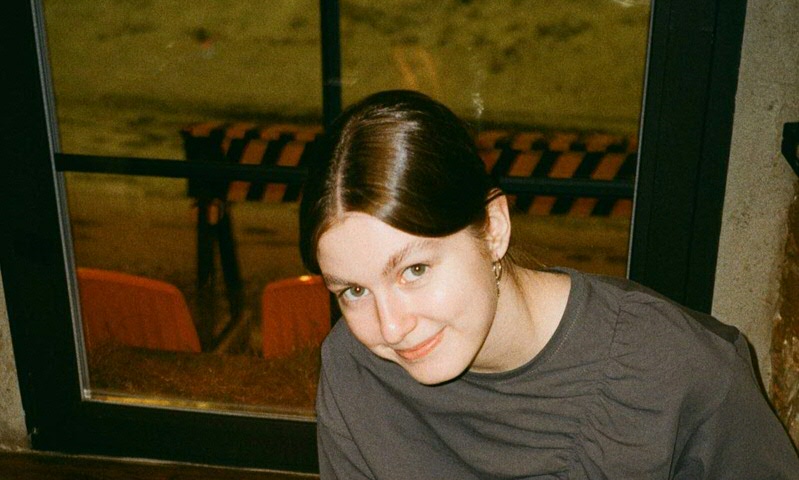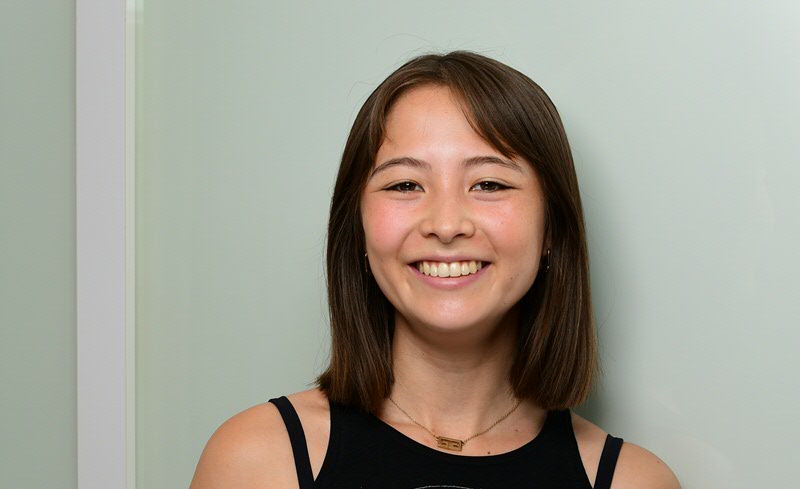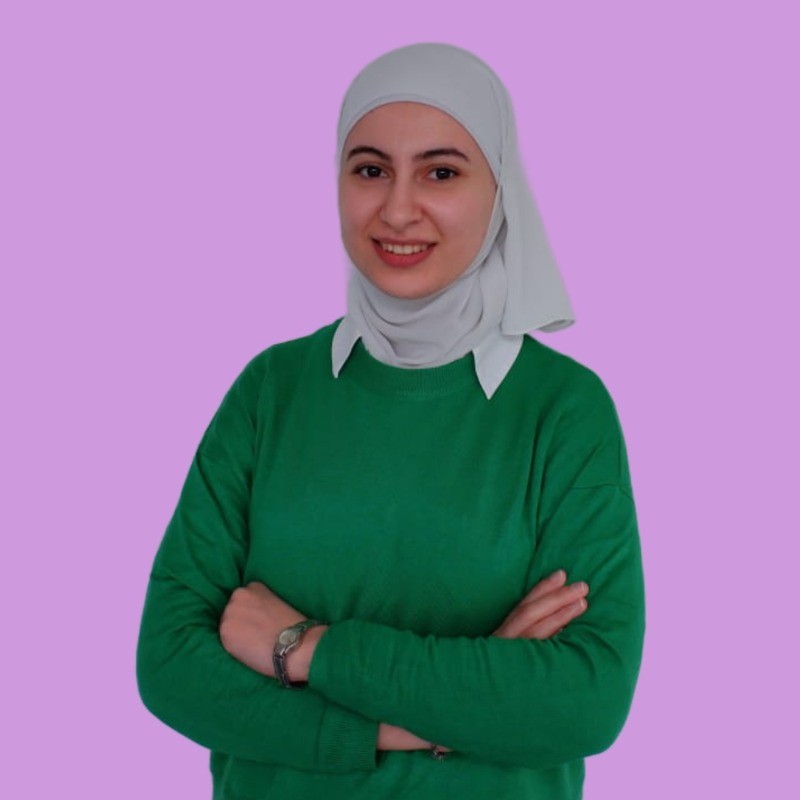
How do you build Large Language Models? How do humans experience Natural Language Processing (NLP) applications in their daily lives? And how can we design language technologies that are transparent, trustworthy, and capable of capturing nuance—whether it is subjective framing, subtle translation errors, or emerging forms of misinformation?
| Semesters | ||||
|---|---|---|---|---|
| CoursesCourse Catalog > | 1a | 1b | 2a | 2b |
| Advanced Machine Learning (FSE) (5 EC, optional) | ||||
| Language Models and Applications (10 EC) | ||||
| Linguistic Analysis (10 EC) | ||||
| Research Training (5 EC, optional) | ||||
| Societal Aspects of NLP (5 EC) | ||||
| Advanced Topics in NLP (5 EC) | ||||
| Corpus Linguistics (5 EC) | ||||
| Language Brain and Cognition (10 EC) | ||||
| Research Training (10 EC) | ||||
| Language Technology Project (5 EC) | ||||
| Semesters | ||||
|---|---|---|---|---|
| CoursesCourse Catalog > | 1a | 1b | 2a | 2b |
| Semantic Web Technology (5 EC) | ||||
| Research Seminar (5 EC) | ||||
| Research Training (or Internship) (10 EC) | ||||
| Computational Semantics (5 EC) | ||||
| Deep Learning (FSE) (5 EC, optional) | ||||
| LOT Winter / Summer School (5 EC, optional) | ||||
| Thesis | ||||
| Programme options |
|---|
| Master's placement (specialization) During this Master's track, you can follow a placement for 10 ECTS credit points. It is your responsibility to find a placement yourself, but the Mobility Office can offer help with this where necessary. Click the link above to find examples of placements completed by other Master's students. |
Students in the local programme can participate in regular Erasmus exchanges.
| Specific requirements | More information |
|---|---|
| previous education |
Prospective students with a Bachelor's degree in Linguistics or another relevant Bachelor's degree are admissible to this master's track. Examples of these types of Bachelor's programmes are:
Students are also admissible if they have completed a pre-master in Information Science or taken the Information Science minor at University of Groningen. Proven coding skills and (basic) knowledge of machine learning are essential requirements. |
| grade list |
An excellent academic record: An overview of the results achieved so far within the Bachelor's degree programme and/or other university degree programmes is required. |
| Curriculum Vitae (CV) |
A Curriculum Vitae (CV) |
| language test |
Additional English language requirement: A VWO diploma or a subject certificate for VWO English (mark 6 or higher), minimum requirement of TOEFL iBT 100 (with a minimum score for speaking and writing of 25 (each)), or an IELTS score of 7 (with a minimum of 6.5 on all items). |
| reference letter |
Names and contact of two referees. |
| (motivation-) letter |
A letter outlining the prospective student's motivation for selecting the programme and Research Master's track, including their expectations and interests. |
| other admission requirements |
Admission to the local programme is carried out by the Admissions Office and the Admission Board. Students who have not yet completed their Bachelor can be given provisional admission. |
| Study programme | Organization | Transition |
|---|---|---|
| Data Science and Artificial Intelligence | All Research universities |
Additional requirements More information:Please note that this programme has a selection procedure. |
| Computer Science | All Research universities |
Additional requirements More information:Please note that this programme has a selection procedure. |
| Linguistics | All Research universities |
Additional requirements More information:Please note that this programme has a selection procedure. |
| Information Science | All Research universities |
Additional requirements More information:Please note that this programme has a selection procedure. |
| Artificial Intelligence | All Research universities |
Additional requirements More information:Please note that this programme has a selection procedure. |
| Computing Science | All Research universities |
Additional requirements More information:Please note that this programme has a selection procedure. |
| Artificial Intelligence | All Research universities |
Additional requirements More information:Please note that this programme has a selection procedure. |
| Cognitive Science and Artificial Intelligence | All Research universities |
Additional requirements More information:Please note that this programme has a selection procedure. |
Note: it's not possible to start in February. For more information, please contact the study advisor.
| Specific requirements | More information |
|---|---|
| previous education |
Prospective students with a Bachelor's degree in Linguistics or another relevant Bachelor's degree are admissible to this master's track. Examples of these types of Bachelor's programmes are:
Students are also admissible if they have completed a pre-master in Information Science or taken the Information Science minor at University of Groningen. Proven coding skills and (basic) knowledge of machine learning are essential requirements. |
| grade list |
Excellent academic record, with a grade of 8.0 or higher on the thesis written for the B.A. or previous M.A. degree. |
| Curriculum Vitae (CV) |
A Curriculum Vitae (CV) |
| language test |
Additional English language requirement: A VWO diploma or a subject certificate for VWO English (mark 6 or higher), minimum requirement of TOEFL iBT 100 (with a minimum score for speaking and writing of 25 (each)), or an IELTS score of 7 (with a minimum of 6.5 on all items). |
| reference letter |
Names and contact of two referees. |
| (motivation-) letter |
A letter outlining the prospective student's motivation for selecting the programme and Research Master's track, including their expectations and interests. |
| other admission requirements |
Admission to the local programme is carried out by the Admissions Office and the Admission Board. Students who have not yet completed their Bachelor can be given provisional admission. |
Note: it's not possible to start in February. For more information, please contact the study advisor.
After graduation, you are well prepared for a career in Information Technology. You can work on subjects such as machine translation, knowledge and data engineering, expert in Large Language Models and Explainable AI, human-computer dialogue systems, machine learning engineer, computational linguist, among others.
You can also continue your career in research, for instance as a PhD student at a university.

I'm Anna Smirnova, and I recently completed my first year of the Master's programme in Natural Language Processing at the University of Groningen. Moving to the Netherlands for my studies was an exciting milestone — it's the first country I've lived in outside my home country, and I absolutely enjoyed the experience. I'm fluent in Russian and English, have some basic knowledge of French, and I am currently learning Dutch.

Hi! I'm Maria Francis, and I spent the first year of my Master's degree in Language and Communication Technologies in Groningen, with NLP as my local host programme. I grew up in Germany, and I speak English and German, plus some Japanese, Dutch, and Italian.

My name is Sara Nabhani, and I'm from Palestine. I studied Computer Science for my Bachelor's degree, where I developed a strong interest in big data and machine learning. Over time, I became particularly drawn to Natural Language Processing (NLP) and its role in bridging human communication with artificial intelligence.

The Faculty of Arts also offers one year master’s degree programmes in Linguistics and Information Science.